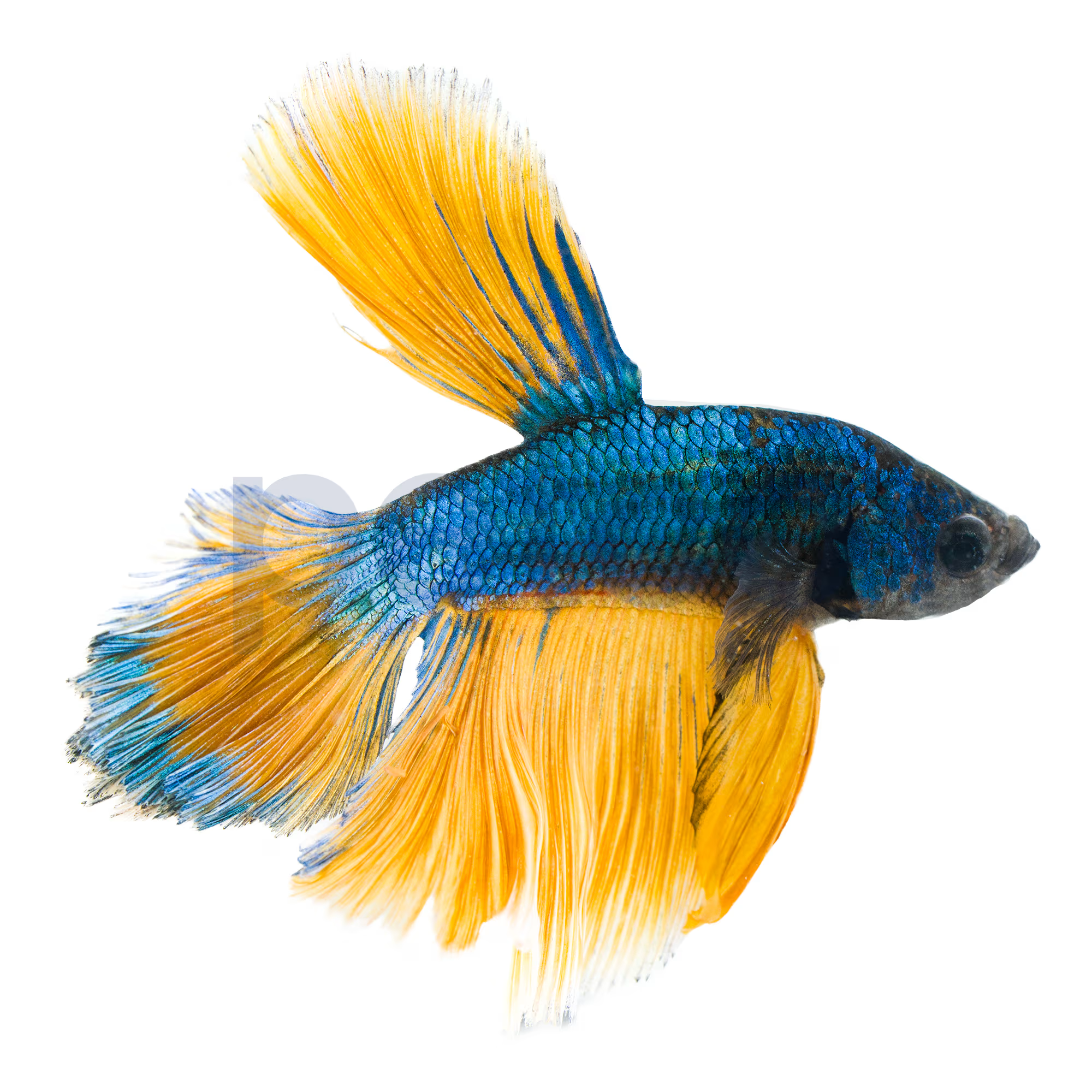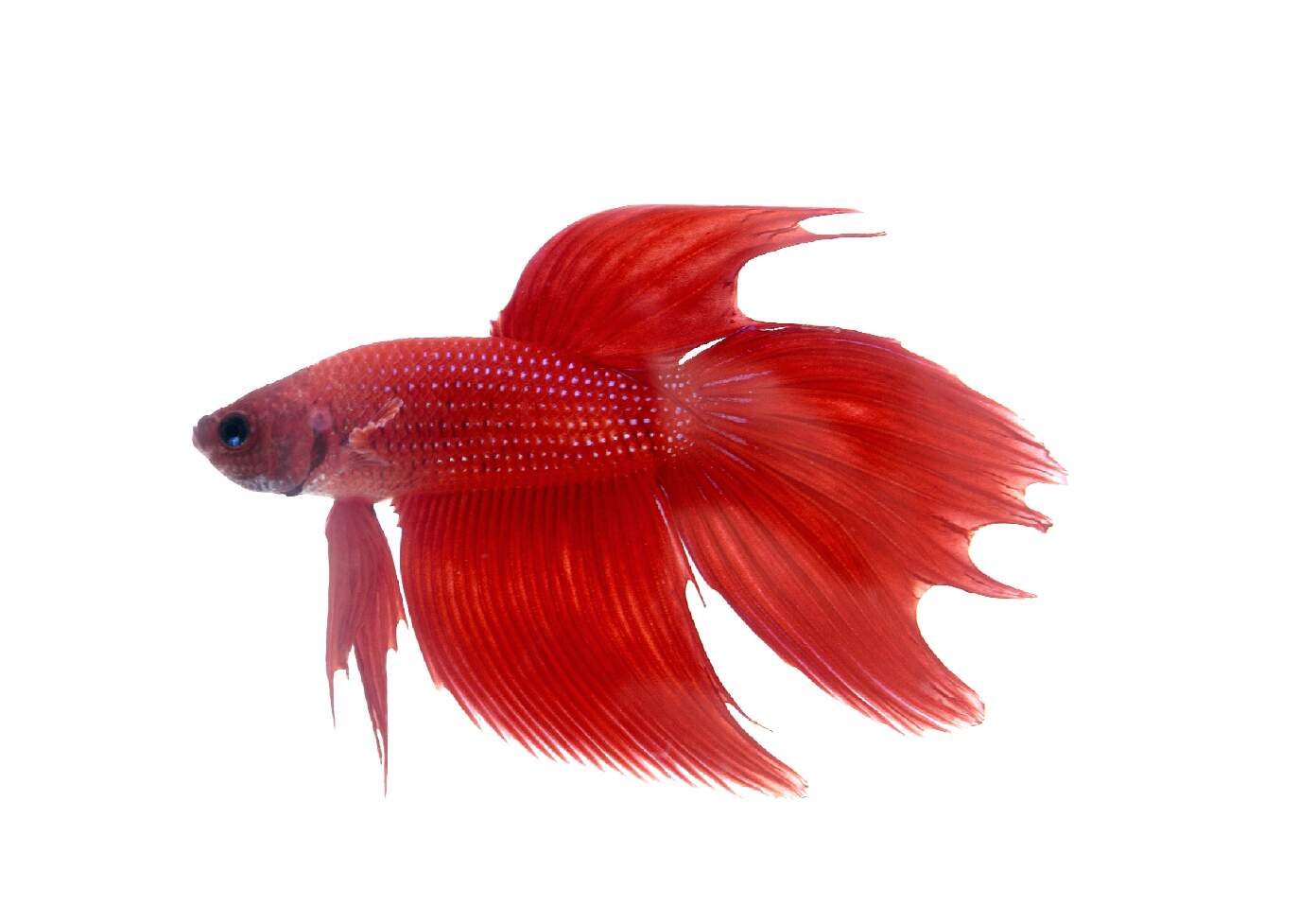Understanding Betta Fish Actions: What Every Owner Needs To Know
Understanding Betta Fish Actions: What Every Owner Needs To Know
Blog Article
Everything About Betta Fish: Recognizing Their Distinct Requirements, Behavior, and the most effective Practices for Ideal Care
Recognizing the distinct demands and behaviors of Betta fish is important for any kind of aquarist wanting to give optimal treatment. These exciting creatures, belonging to the cozy waters of Southeast Asia, display unique territorial tendencies and need details environmental problems to grow. From choosing the right storage tank dimension to recognizing prospective wellness issues, numerous factors dramatically influence their wellness. As we discover these elements better, the implications for both amateur and skilled fish caretakers come to be significantly apparent, elevating inquiries about exactly how ideal to fit these impressive fish in our homes.
Betta Fish Review
Although often admired for their vivid colors and flowing fins, Betta fish, scientifically called Betta splendens, are intricate animals that need certain like flourish. Originating from Southeast Asia, these freshwater fish are known for their territorial nature and one-of-a-kind actions. Betta fish display sexual dimorphism, with males displaying more dazzling shades and longer fins than women.
Their aggressive propensities, specifically amongst males, necessitate mindful factor to consider when housing them. Bettas are typically kept in single-specimen containers to avoid territorial conflicts. They can coexist in harmony with specific compatible types in larger area tanks, gave the atmosphere satisfies their needs.

To ensure optimal care, aquarists should comprehend their special behavior attributes, nutritional demands, and environment requirements. betta fish. With proper attention, Betta fish can exhibit their dynamic characters and grow in a well-kept fish tank setup
Natural Habitat and Atmosphere
Betta fish flourish in a diverse range of all-natural environments, largely discovered in the superficial waters of Southeast Asia, including rice paddies, swamps, and slow-moving streams. These atmospheres are defined by warm temperatures, usually between 75 ° F and 82 ° F(24 ° C and 28 ° C ), and a pH level varying from 6.5 to 7.5, which is ideal for their health and well-being.
In their natural environments, Betta fish are accustomed to dense plant life, providing both sanctuary and reproducing premises. The existence of plants such as floating water lilies and thick grasses not only offers defense from killers however also contributes to the oxygenation of the water, which is essential for their respiratory demands. Additionally, these environments frequently have locations of still water, enabling Betta fish to exhibit their all-natural habits such as bubble nesting.
Understanding the all-natural habitat of Betta fish is crucial for fish tank lovers. Duplicating these problems-- with water temperature level, pH balance, and the addition of real-time plants-- can considerably boost the overall health and longevity of these captivating fish, guaranteeing they grow in a home aquarium setting.
Social Behavior and Communications
Understanding the social habits and communications of Betta fish is crucial for successful fish tank management. Betta fish, or Siamese combating fish, are understood for their unique behavioral qualities, identified mostly by territoriality and aggressiveness.
On the other hand, female Bettas exhibit much less hostile habits and can exist side-by-side in groups, called sororities, if introduced appropriately. It is vital to monitor their communications very closely, as hierarchy and supremacy can lead to disputes. Recognizing the dynamics within a Betta neighborhood is important; establishing hiding spots and making sure sufficient room can mitigate aggressiveness.
Additionally, Betta fish might likewise present inquisitiveness and social actions towards various other types. While they can coexist with certain non-aggressive tank mates, it is vital to pick compatible types to prevent stress and anxiety and aggression. On the whole, acknowledging these social interactions is essential to fostering an unified fish tank atmosphere for Betta fish.
Important Care Guidelines
Supplying correct take care of Betta fish is crucial to their health and wellness and wellness. To make certain a successful setting, it is important to maintain optimum water conditions. The water temperature level must be maintained between 76 ° F and 82 ° F(24 ° C to 28 ° C), while pH degrees must range from 6.5 to 7.5. Regular water modifications-- around 25% regular-- help keep water quality.
Betta fish need an ideal container size; a minimum of 5 gallons is advised to provide ample room for swimming and hiding. Include get redirected here decors and plants to create a stimulating atmosphere, but stay clear of sharp objects that could damage their delicate fins.

Lastly, make certain the tank is geared up with a filter to keep the water clean, but use a gentle filter to prevent strong currents that can stress the fish. By adhering to these essential care guidelines, proprietors can advertise a healthy and balanced and vivid Betta fish.
Common Health Issues and Solutions
In the care of Betta fish, understanding of common wellness concerns is vital for maintaining their well-being. One prevalent problem is fin rot, typically brought on by bad water top quality or microbial infection. Symptoms include torn or stained fins. To treat fin rot, enhance water conditions and take into consideration utilizing a broad-spectrum antibiotic.
Another usual ailment is ich, a parasitic infection identified by white areas on the fish's home body (betta fish). Treatment includes enhancing water temperature level and adding aquarium salt to the storage tank, as this can assist remove the parasite
Swim bladder disorder is also often observed, bring about buoyancy issues. This problem might develop from overfeeding or irregular bowel movements. A fasting duration of 24-48 hours, adhered to by a diet of blanched peas, can supply alleviation.
Lastly, bettas might deal with velvet condition, suggested by a gold dust-like appearance on their skin. Therapy commonly requires medication specifically made for outside bloodsuckers, along with boosted storage tank hygiene.
Routine tracking of water specifications, maintaining a clean atmosphere, and providing a balanced diet regimen are crucial precautionary steps. By dealing with these health issues promptly, Betta fish can lead healthier, more vibrant lives.
Final Thought
In recap, effective betta fish care requires an understanding of their distinct needs and behaviors. Providing an appropriate environment, consisting of ideal container size and water conditions, is crucial for their health. Additionally, acknowledging their territorial nature and guaranteeing sufficient hiding places can protect against aggression. Regular surveillance of health and water quality, together with a balanced diet plan, adds to the long life and vibrancy of betta fish. Complying with these standards will cultivate a flourishing aquatic community for these exciting creatures.
Report this page